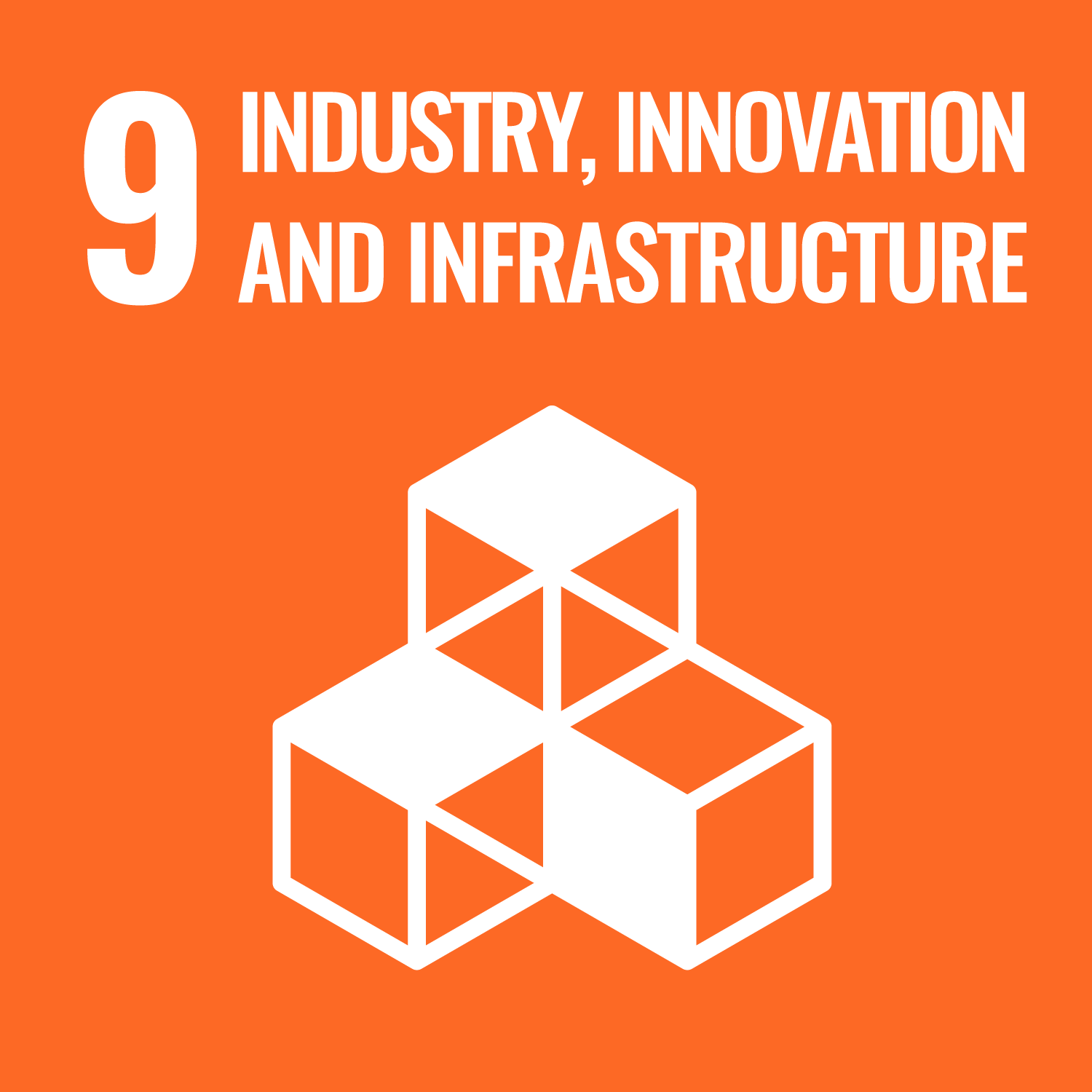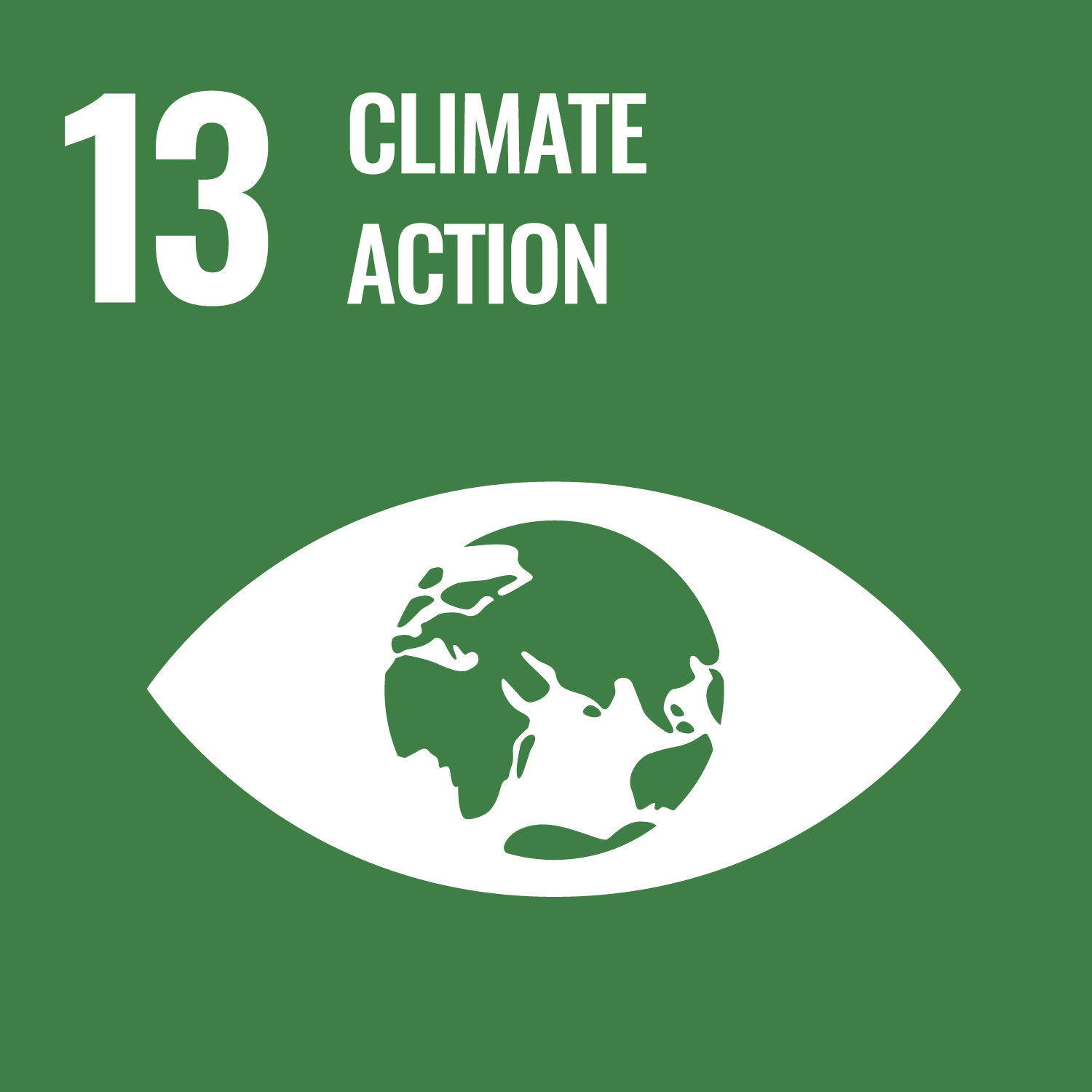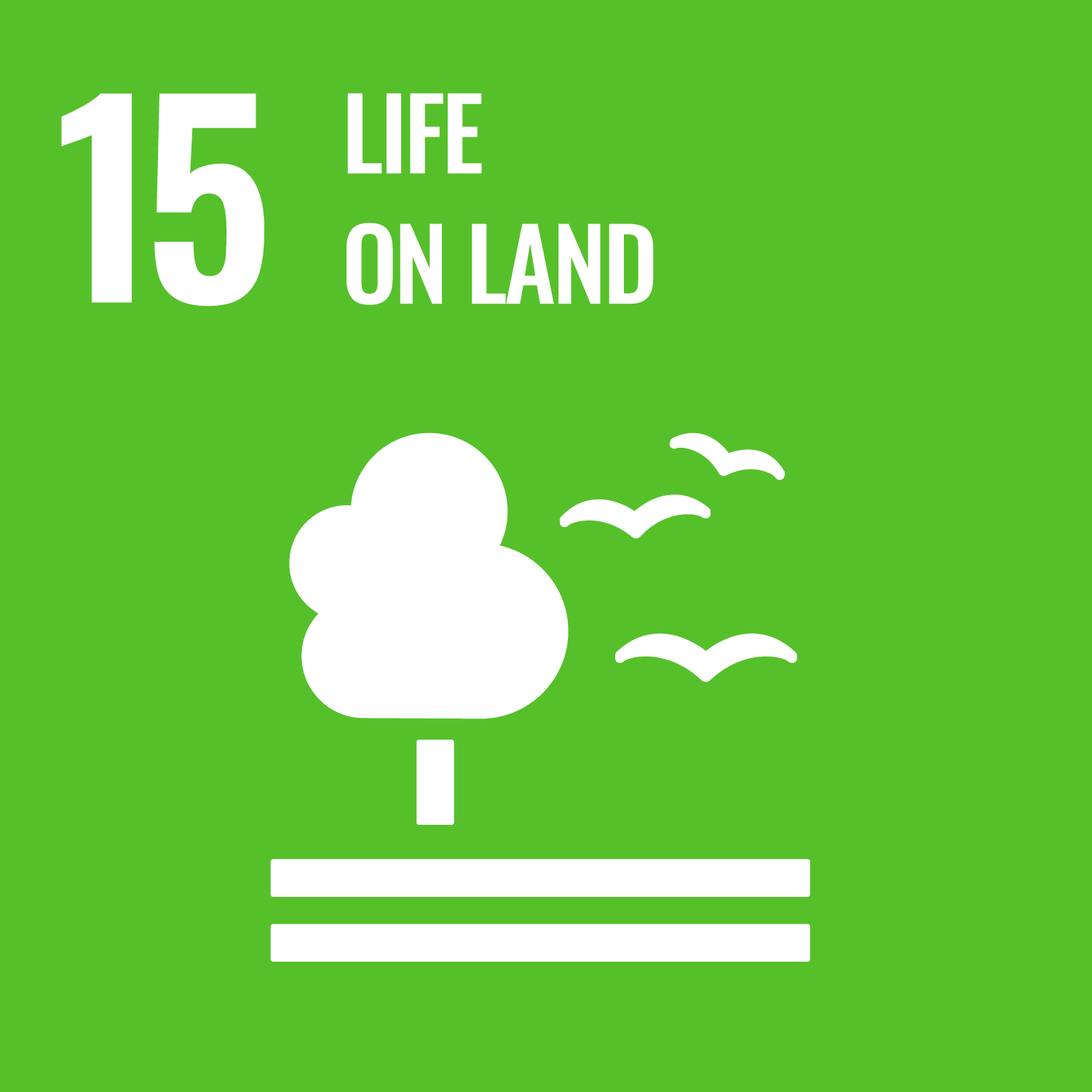A Collaborative Climate Change Mitigation and Adaptation Project: Recycling Bins and Glass Crusher
Aligned SDGs



- A Collaborative Climate Change Mitigation and Adaptation Project: Recycling Bins and Glass Crusher
- General overview
- Intervention
- Location
- Last data update
- Spreadsheet of data
- A Collaborative Climate Change Mitigation and Adaptation Project: Recycling Bins and Glass Crusher
- General overview
- Intervention
- Location
- Last data update
- Spreadsheet of data
General overview
Stage of development: Late stage
Policy sectors: Environment and climate change
Type of instrument: Social Impact Incentives (SIINC)
Delivery locations: Saint Helena
Country classification: Upper-middle-income
Intervention
Social or environmental challenge
"Negative externalities - Waste disposal creates negative externalities like pollution, environmental damage, and greenhouse gas emissions that are not fully accounted for in market prices. Improved recycling helps reduce these externalities.
Public goods - Environmental protection and climate change mitigation are public goods that are undersupplied by the free market. This project helps provide these public benefits.
Information failures - There may be limited public awareness about the benefits of recycling and sustainable waste management. Educational programs can help address this info gap.
Coordination failures - Establishing efficient recycling requires coordination among various stakeholders that may not happen naturally. This project can help coordinate these efforts.
Under-investment - There is under-investment in recycling infrastructure compared to the social benefits it provides.
Resource constraints - St Helena has limited resources and waste management capacity as a small remote island. The project helps overcome some of these inherent constraints."
Description of the intervention
"Funding to finalise the improved recycling facilities, capacity and education, this project will better empower the people of St Helena to make an ethical choice of waste disposal by offering the first door to door recycling service, extend the life of the Landfill Site (currently estimated to be from ~2027 to ~2050), contribute towards climate change mitigation, the protection of the environmentâs ecosystems, biodiversity as well as sustainable resource use through glass crushing for road services.
St Helena currently relies on shipping for most goods, resulting in limited resources and waste management challenges.
This project builds on previous investments in recycling infrastructure, including recycling bins and a recycling collection vehicle.
It will expand recycling facilities by purchasing additional bins and a glass crusher, as well as implementing educational programs to promote recycling.
The current landfill site has an estimated remaining lifespan of 2027-2050. Improved recycling can help extend this.
Reducing waste saves costs on a new landfill, estimated at £4-5 million.
This project aligns with St Helena policy objectives on sustainability, climate change, and waste management. Supports UK commitments to overseas territories on climate change and environmental protection."
Location
Country:
- Saint Helena, Ascension and Tristan da Cunha
Locality:
- Saint Helena
Last data update
Data for this pipeline project was last updated in August 2023
You might have noticed that some pipeline projects have more data than others. This is because organisations can share as much data as they want with the INDIGO initiative. If you have more data on one of these pipeline projects and would like to share with us, please get in touch at indigo@bsg.ox.ac.uk. Our full list of variables and data definitions can be found here.
Spreadsheet of data
Important Notice and Disclaimer on INDIGO Data
INDIGO data are shared for research and policy analysis purposes. INDIGO data can be used to support a range of insights, for example, to understand the social outcomes that projects aim to improve, the network of organisations across projects, trends, scales, timelines and summary information. The collaborative system by which we collect, process, and share data is designed to advance data-sharing norms, harmonise data definitions and improve data use. These data are NOT shared for auditing, investment, or legal purposes. Please independently verify any data that you might use in decision making. We provide no guarantees or assurances as to the quality of these data. Data may be inaccurate, incomplete, inconsistent, and/or not current for various reasons: INDIGO is a collaborative and iterative initiative that mostly relies on projects all over the world volunteering to share their data. We have a system for processing information and try to attribute data to named sources, but we do not audit, cross-check, or verify all information provided to us. It takes time and resources to share data, which may not have been included in a project’s budget. Many of the projects are ongoing and timely updates may not be available. Different people may have different interpretations of data items and definitions. Even when data are high quality, interpretation or generalisation to different contexts may not be possible and/or requires additional information and/or expertise. Help us improve our data quality: email us at indigo@bsg.ox.ac.uk if you have data on new projects, changes or performance updates on current projects, clarifications or corrections on our data, and/or confidentiality or sensitivity notices. Please also give input via the INDIGO Data Definitions Improvement Tool and INDIGO Feedback Questionnaire.